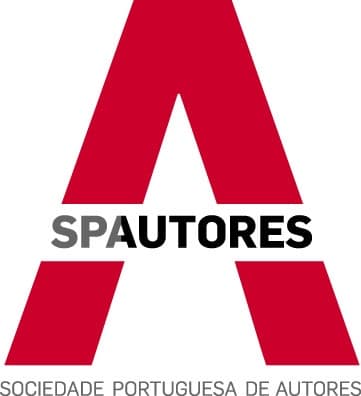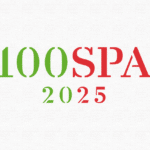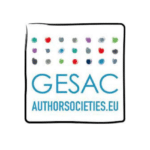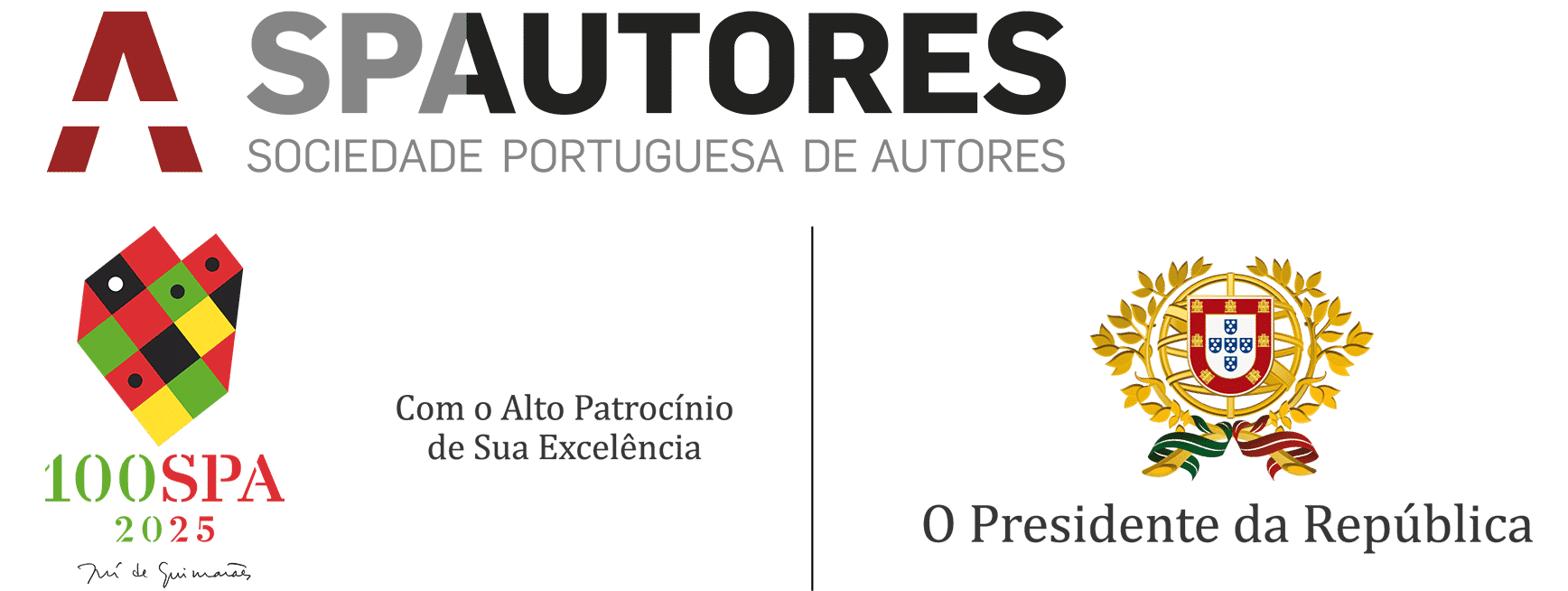In July 2015, the Portuguese Society of Authors was summoned of a decision rulled by the Court of Justice of the European Union on the concept of “communication to the public”. The case was referred to the European Court by the Court of Appeal of Coimbra at the end of March 2015 and three months later this decision was ruled.
The reason for this short period for a decision was due to the fact that this concept was fully consolidated in the European Law.
Following further decisions, the interpretation of the two fundamental elements of this right was once again clear. Thus, (i) “communication” refers to any transmission of protected works, regardless of the medium or technical procedure used; and (ii) “public” represents all those persons to whom the entity/person responsible for a public space provides the listening or viewing of broadcast works by radio and / or television.
On the other hand, it was further clarified that, when authors authorize the broadcasting of their works, they take into account only the public who, individually or in their private or family spheres, watch and / or listen to radio and / or television broadcasts. For that reason, once the works are transmitted in a public space, that act starts to form a communication to the public and, as a consequence, implies the authorization of the authors.
That decision, made in the context of a reference for a preliminary ruling, is binding as regards both the statement of reasons and the meaning of the decision to the national courts. This means that national courts are bound to interpret the concept of “communication to the public” in the same way as the Court of Justice of the European Union has done.
The Portuguese Society of Authors is aware of some decisions that have interpreted this concept differently from the one mentioned above, which has inevitable consequences in the impossibility of achieving the harmonization of copyright in the European space, which is one of the main objectives intended to be achieved with some directives already transposed into the Portuguese legal order.
However, it is also true that a number of decisions at first instance and a number of judgements of Lisbon Court of Appeal have been respecting the rulings of the Court of Justice of the European Union, having decided to prevent the communication of intellectual works to the public and the use of the authors intellectual work, without prior authorization.
The Portuguese Society of Authors has no doubt that this will be the understanding that will prevail, for the reasons explained above.
The Portuguese Society of Authors has no doubt of the reason it claims on behalf of the authors.
Consequently, SPA will continue to promote all the steps deemed necessary to ensure the fair remuneration owed to authors for the use of their intellectual work.
Lisbon, March 24, 2017





